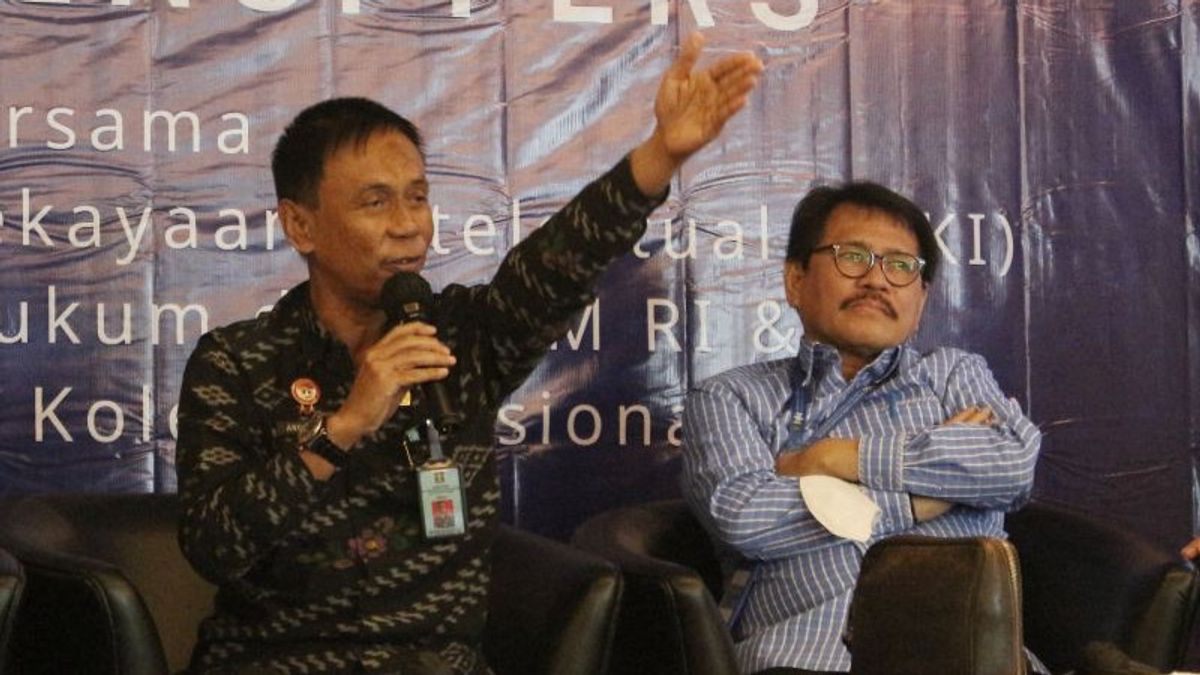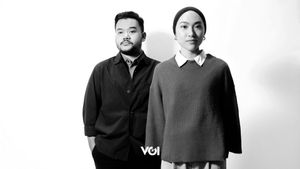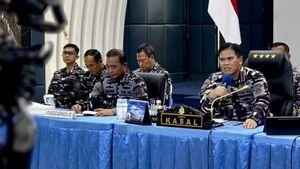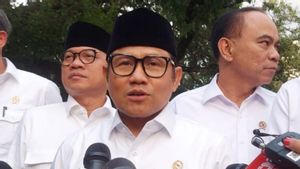The karaoke business, especially located in the DKI Jakarta area, is one of the sectors with the lowest level of compliance regarding the obligation to pay royalties to creators, copyright holders, and owners of rights related to the use or use of songs and / music in the commercial realm.
"Cities that have a low level of compliance with royalties are karaoke businesses, especially in DKI Jakarta, which are the blackest, do not want to pay. The karaoke business outside DKI Jakarta turns out to be even more obedient (paying)," said Director of Copyright and Industrial Design of the Directorate General of Intellectual Property (DJKI) of the Ministry of Law and Human Rights Anggoro Dasananto in Jakarta, Thursday, quoted by Antara.
Anggoro said that his party must convey this fact because he wants every stakeholder to come together with the Government to be active in disseminating information and socializing song royalties and/music.
For information, President Joko Widodo has signed Government Regulation (PP) Number 56 of 2021 concerning the Management of Song and/or Music Copyright Royalties on March 30, 2021, which is the mandate of Article 35 paragraph (3) of Law Number 28 of 2014 concerning Copyright.
Article 3 paragraph 2 of the regulation explains that as many as 14 business sectors and activities are required to pay music royalties when operating commercially, including restaurants, music concerts, transportation, cinemas, shops, recreation centers, broadcasting institutions, hotels, and karaoke businesses.
DJKI, continued Anggoro, has conducted socialization to 25 cities in Indonesia such as DKI Jakarta, Makassar, Palembang, Padang, Surabaya, and Bali. In every socialization, DJKI also always emphasizes regulations that discuss sanctions for waivers of royalty payments, even by cooperating with the Corruption Eradication Commission.
"The parties we invited came during socialization. Even in such momentum, the KPK clearly states that there are criminal sanctions for users who ignore it. But yes, back again, they do a lot of things (goals)," said Anggoro.
Observing this, he believes and feels optimistic that the management of song royalties and / music will be better if there is active involvement and collaboration of all parties who really intend to help disseminate information and socialization.
"I hope that at the same time 'challenging' the figures of artists such as Ahmad Dhani or Rossa, for example, to be willing to help provide understanding of royalties to the public," said Anggoro.
Anggoro further explained that so far there has also been a budget allocation of around Rp700 million for socialization and dissemination of information as widely as possible regarding the management of song royalties and/music.
In its implementation, DJKI collaborates with the Collective Management Institute to find out which areas are classified as concentrated or tend not to comply with the obligation to pay royalties.
On the other hand, Anggoro also said that the Government and experts plan to revise the Copyright Law and hope that this momentum can be used by stakeholders to provide recommendations related to royalty governance.
"This is an opportunity so that what is the dignity of the Copyright Law can really protect all parties in all lines," he said.
The English, Chinese, Japanese, Arabic, and French versions are automatically generated by the AI. So there may still be inaccuracies in translating, please always see Indonesian as our main language. (system supported by DigitalSiber.id)













